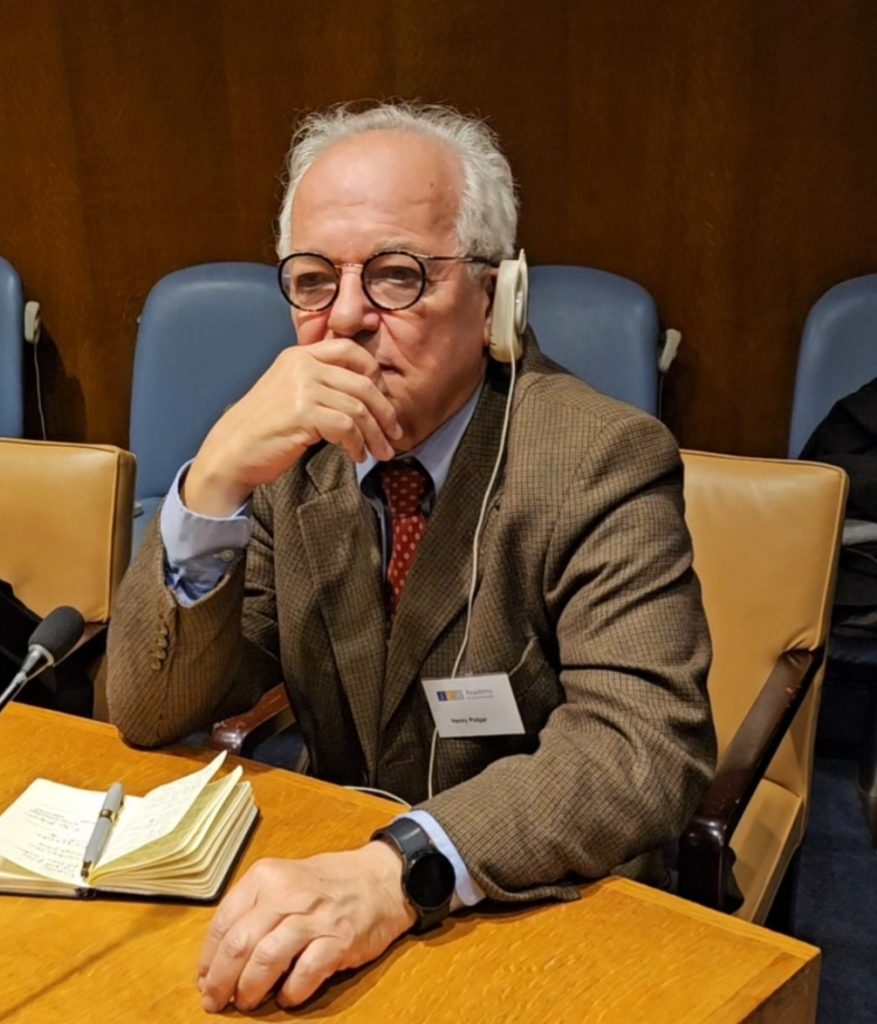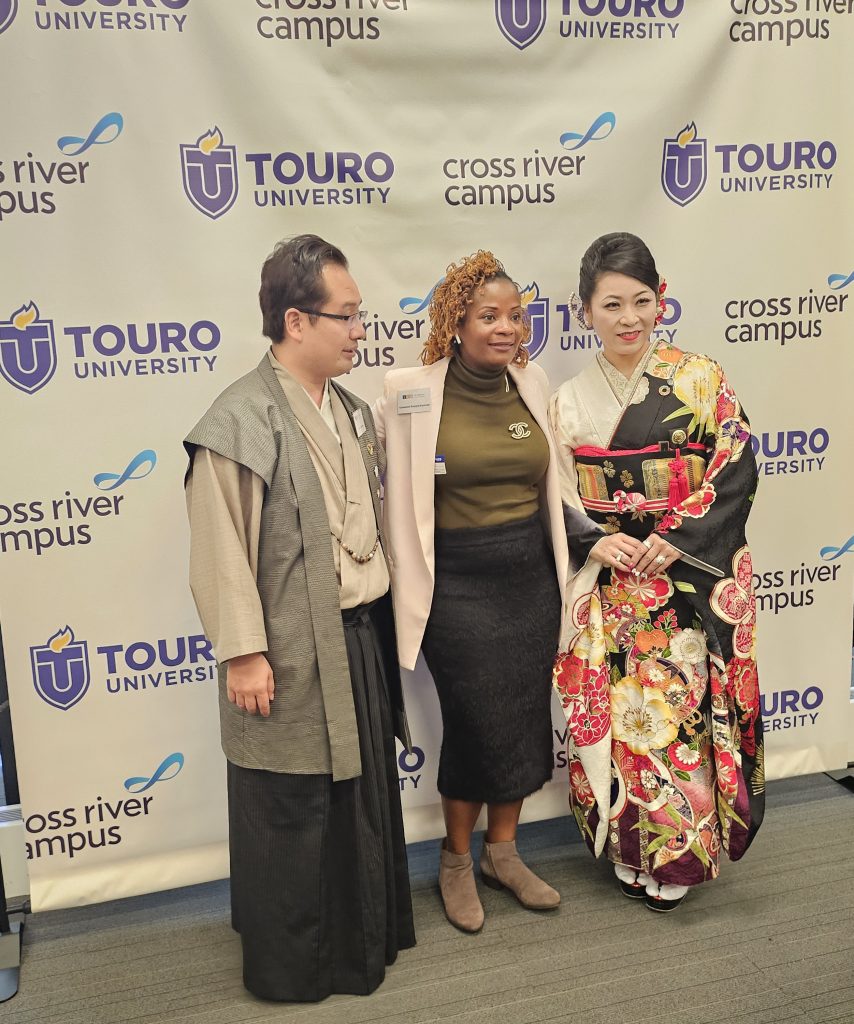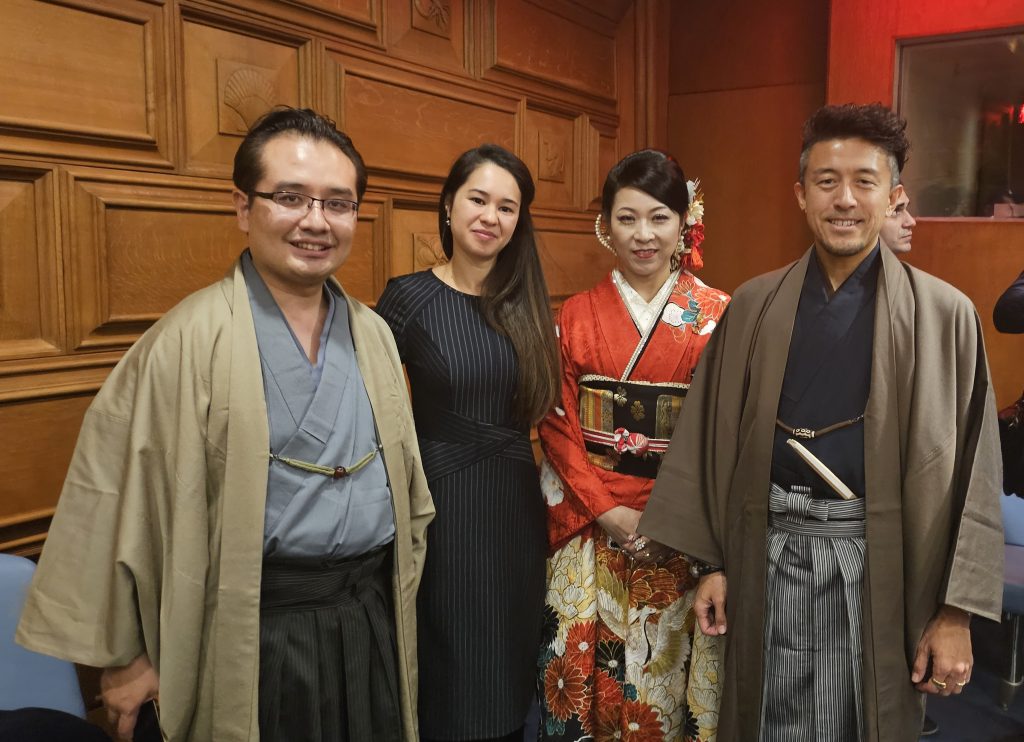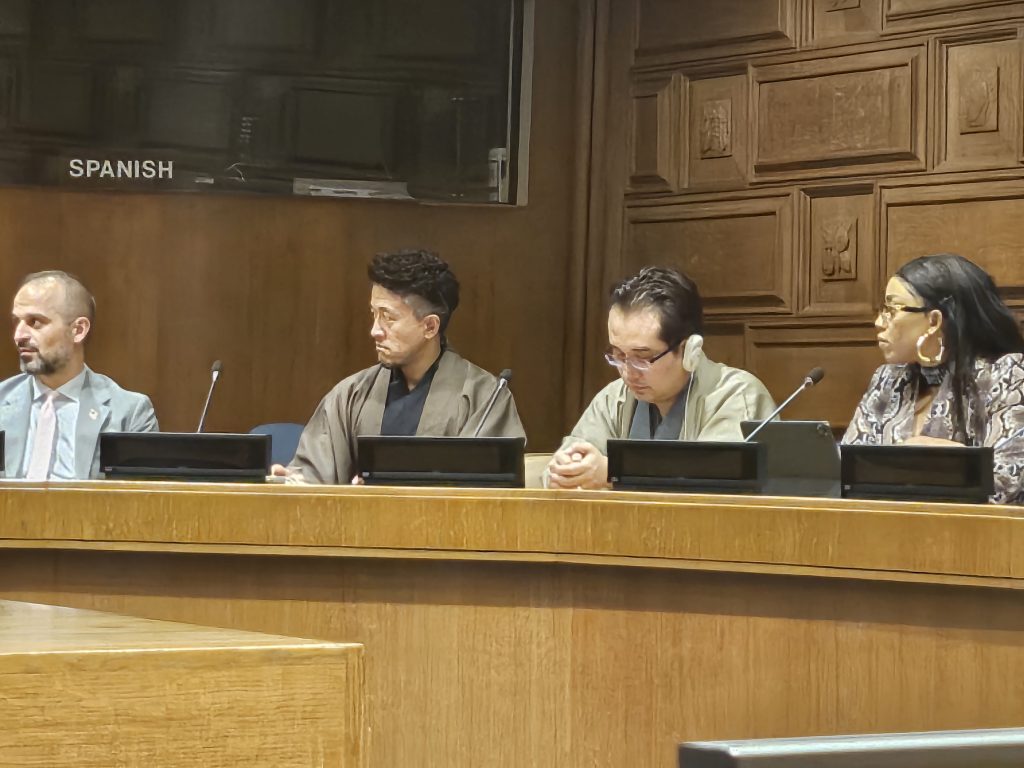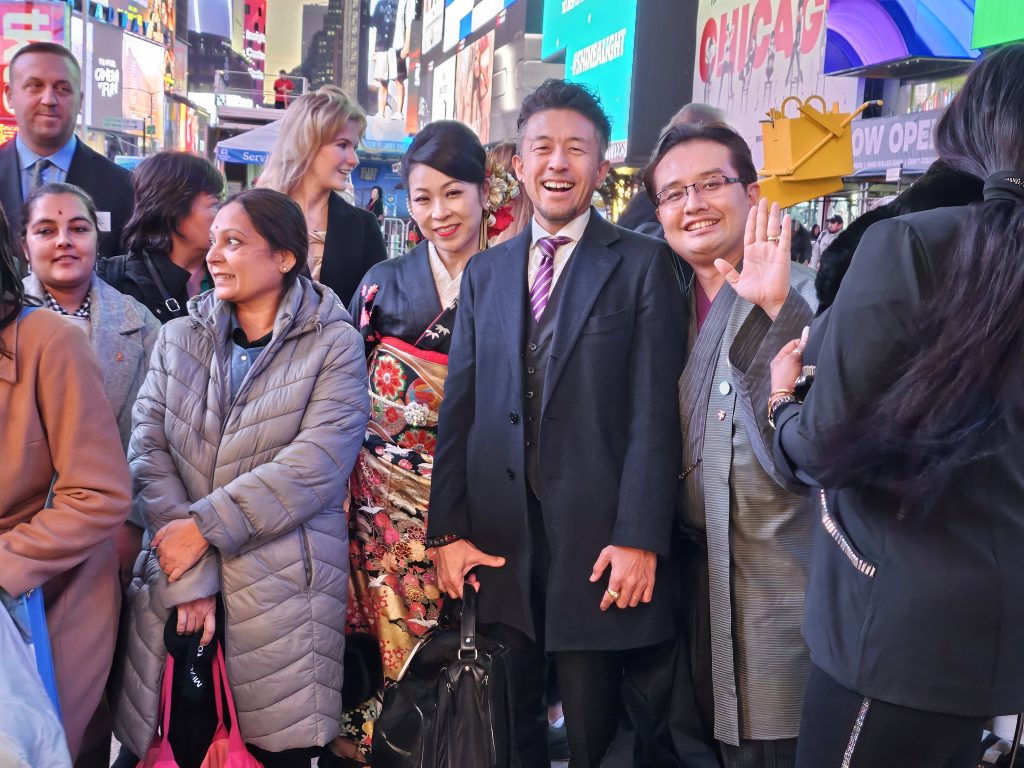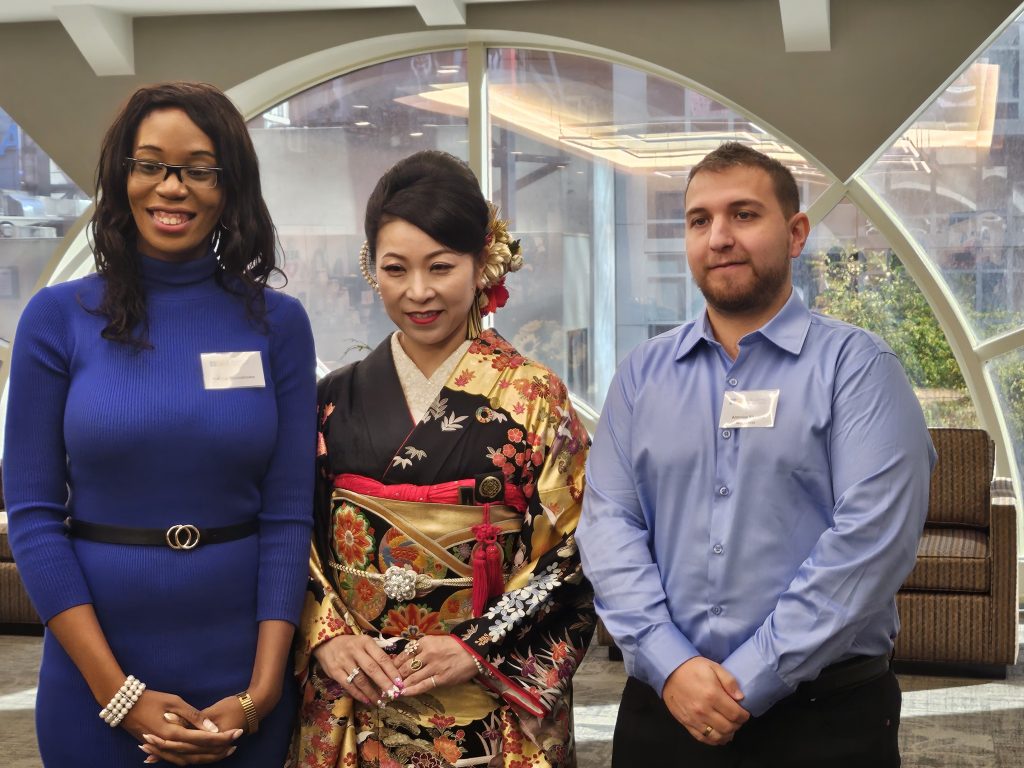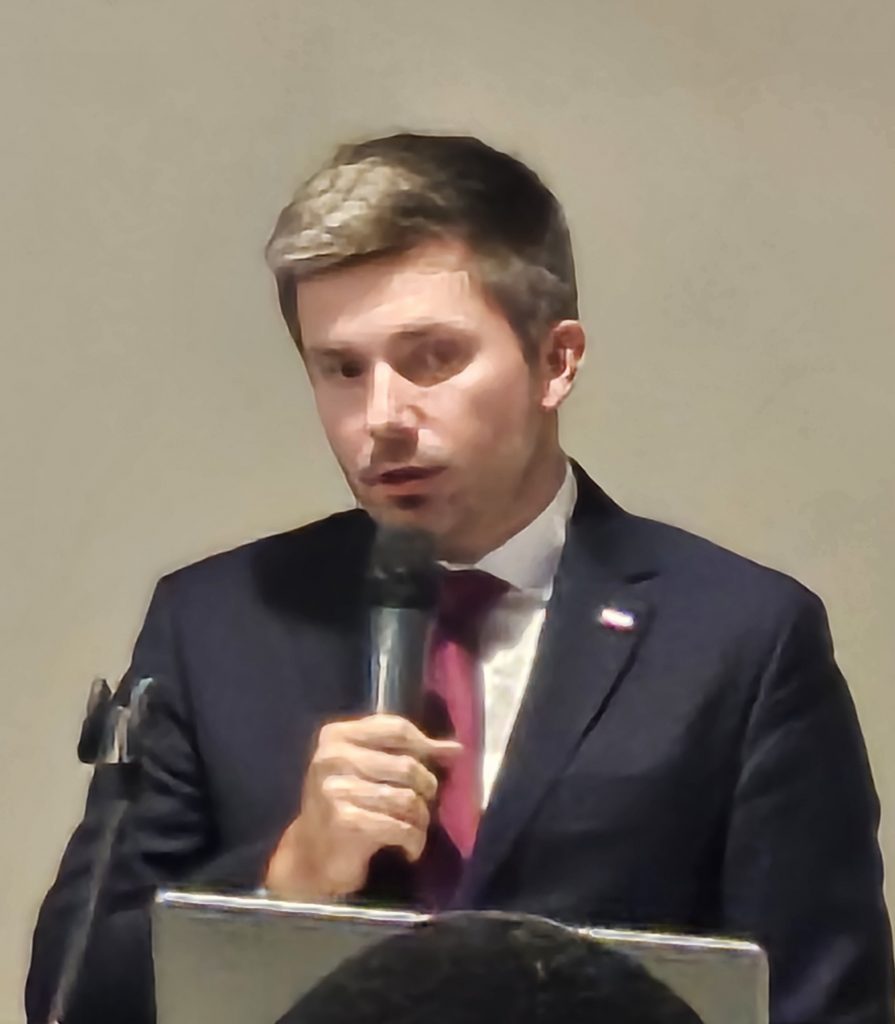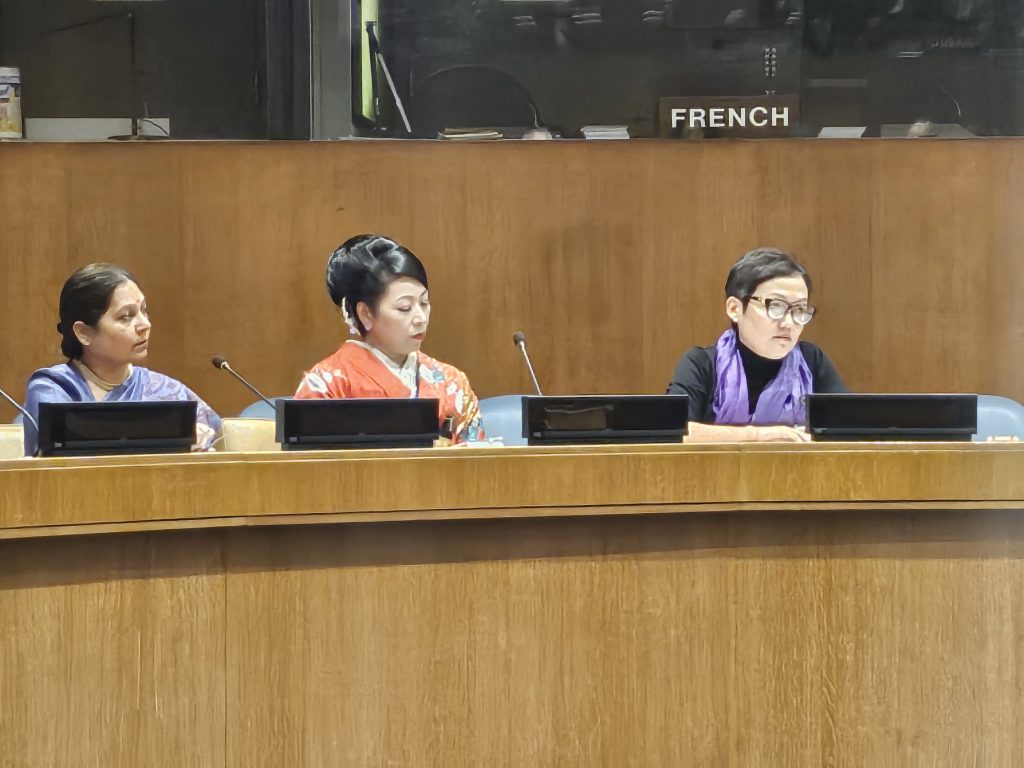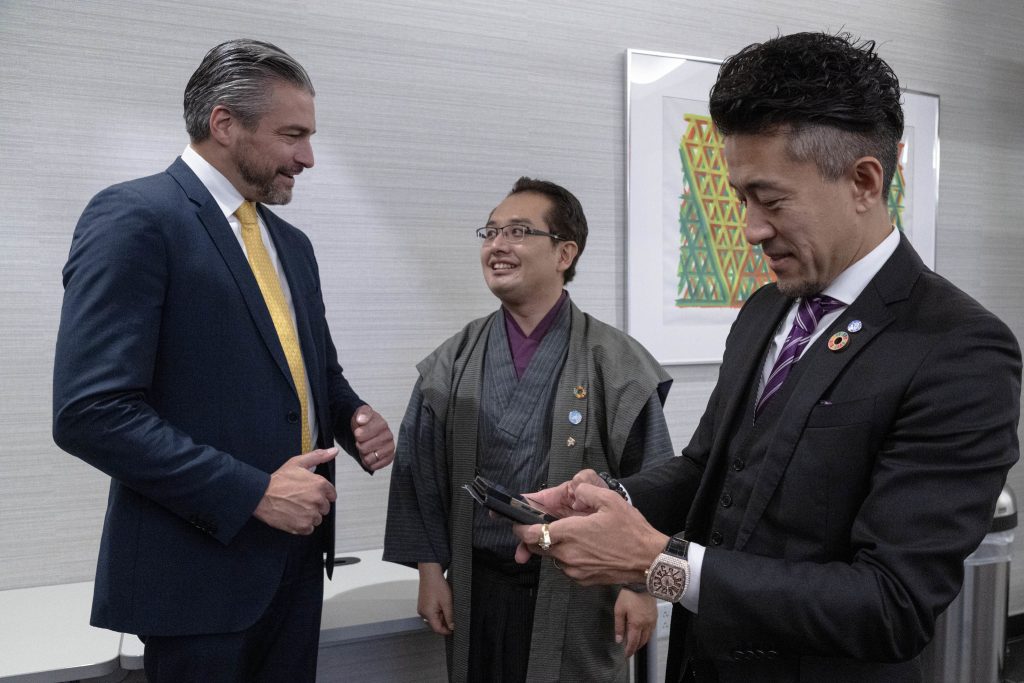Cultural Diplomacy: Laying the Groundwork for Peace and Co-existence
The Permanent Representative of the Democratic Republic of the Congo, Ambassador Zenon Mukongo, succinctly explained, “… the power of culture offers the ability to create connections and persuade in a way that may advance national interest more effectively than traditional diplomatic and geopolitical means.”
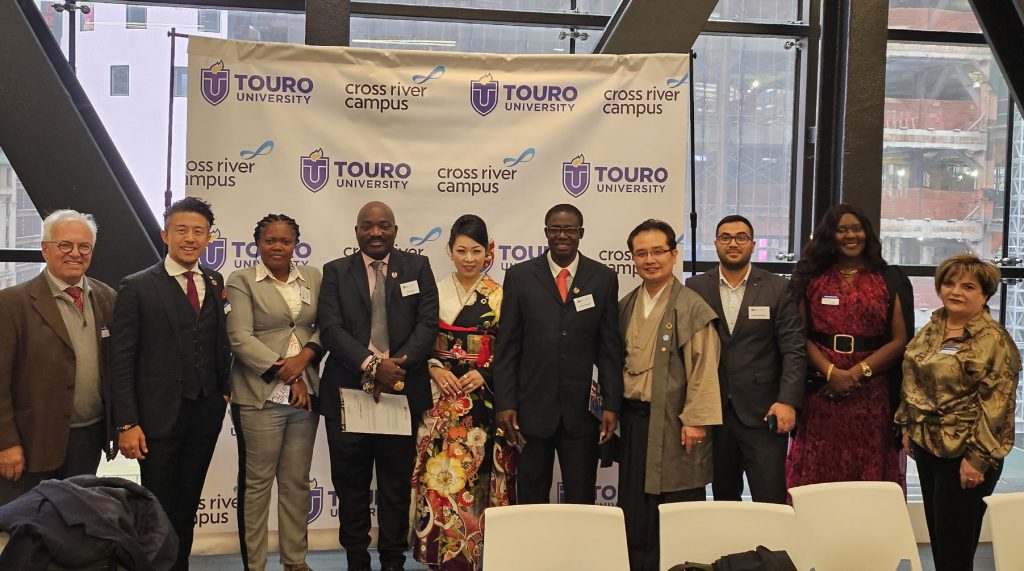
He added, “The soft power of cultural diplomacy offers a country potential application for culture ‘to obtain preferred outcomes by attraction rather than coercion (e.g., military might) or payment (e.g., economic sanctions).” In other words, a nation’s ability to influence by attraction rather than promotion.
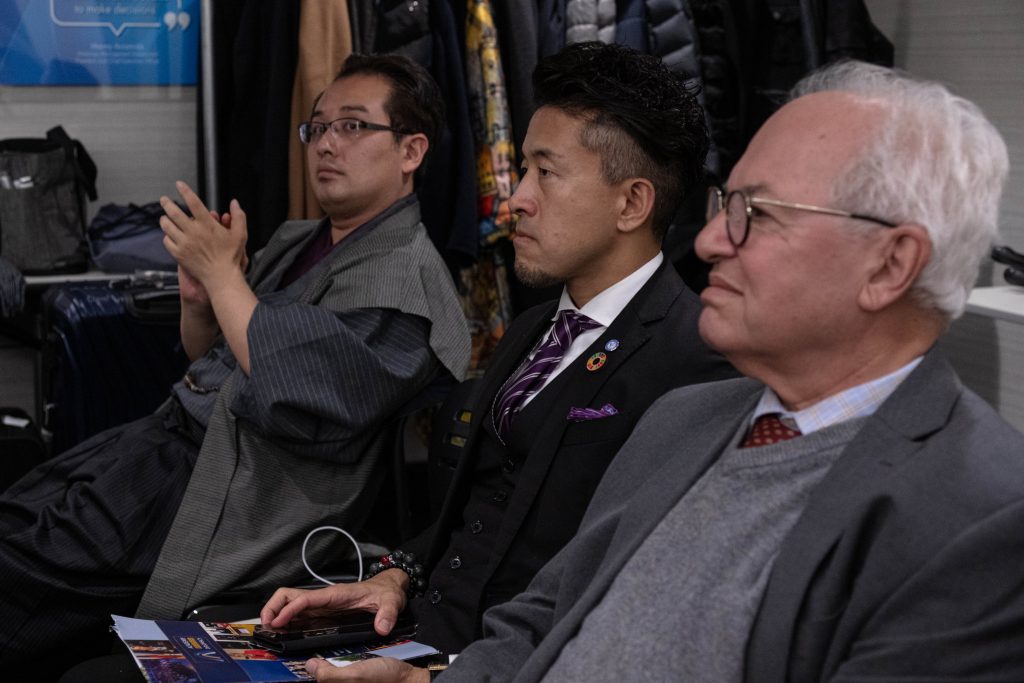
The DRC Representative was one of the speakers at the Forum “Promoting Democracy and Peace through Dialogue and Cultural Diplomacy” organized by the Academy of Cultural Diplomacy in New York City held from November 15-18, 2023 at the United Nations and other venues in New York.
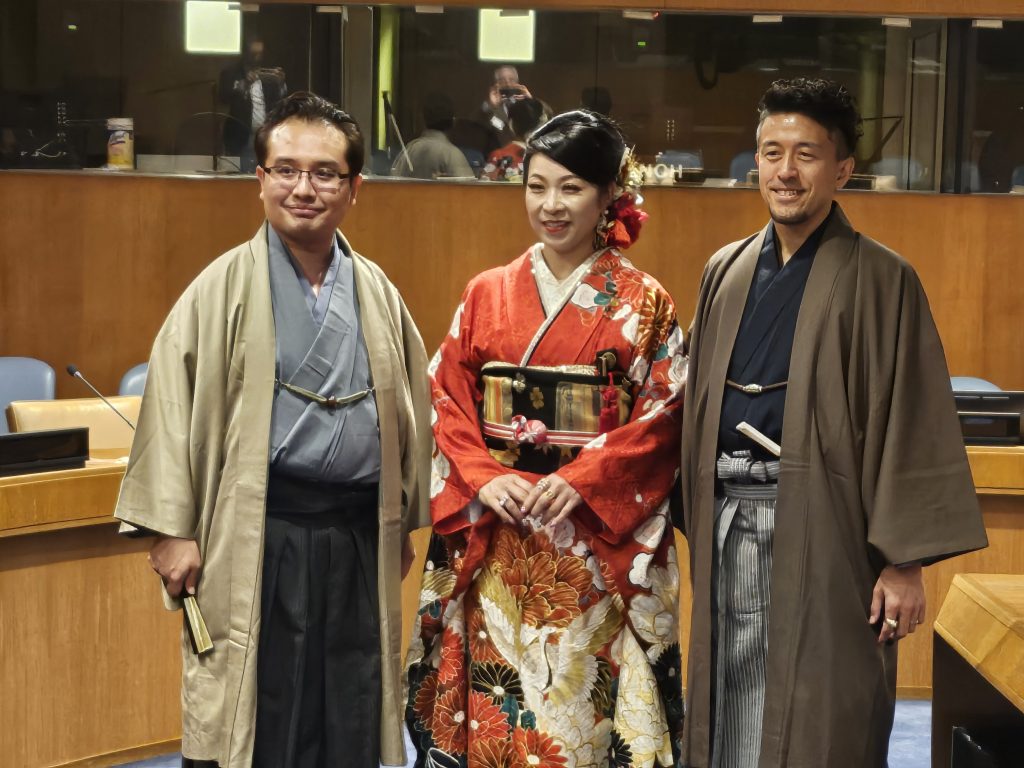
The Academy of Cultural Diplomacy gathered diplomats, government leaders, non-governmental organizations and artists to further their commitment to promote a culture of peace through cultural diplomacy and provide the tools to resolve conflicts through mutual understanding. The goal is to use cultural diplomacy to create a new agenda to help influence decision makers, which can be a catalyst for conflict resolution and laying the foundation for peace and co-existence.
Henry Polgar, Executive Director of the Panamerican Panfrican Association, Seijyu Kahou, President of the Pan Asian Assn, and her colleagues Directors Hirokazu Takahashi, and Sinichi Okada, were in attendance, along with other NGOs from throughout the world to listen and interact with the UN Ambassadorial community, including The Ambassadors of the Philippines, The Democratic Republic of the Congo, Ambassador of Kyrgyzstan, Ambassador of Malta, Ambassador of Portugal, Ambassador of Jamaica, the Consul General of Poland, and others who addressed the conference on this important topic of creating mutual understanding through cultural diplomacy. The ACD is led by its Director Mark Donfried.
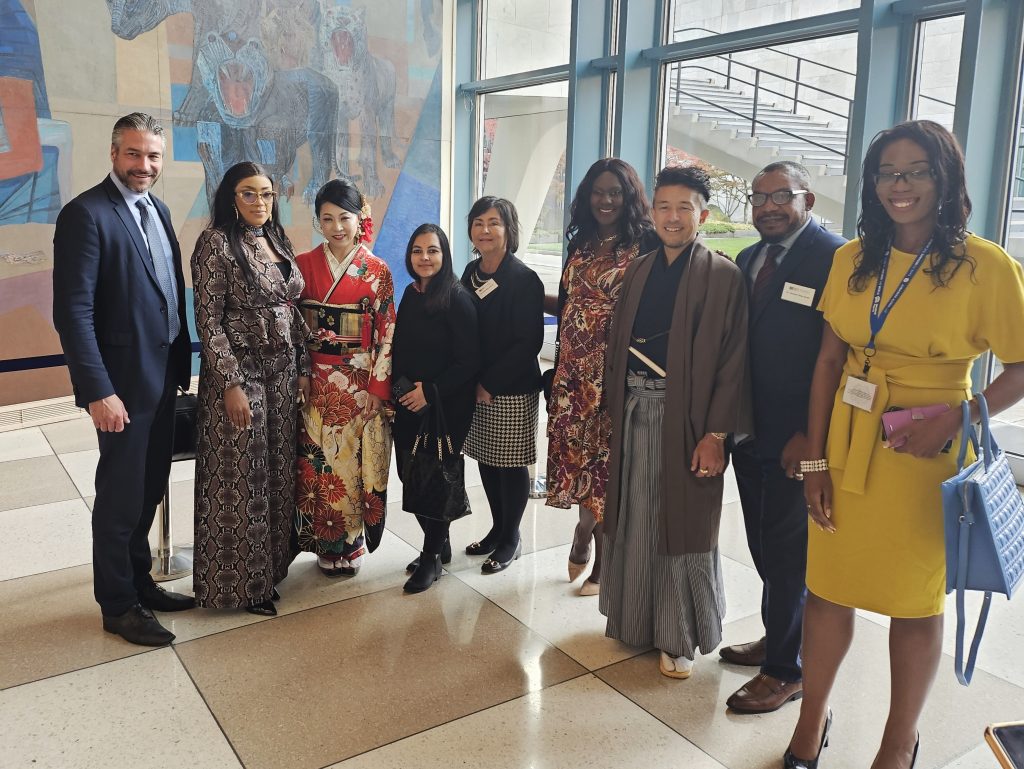
Another speaker at the forum, the Permanent Representative of Malta, gave an account of how she was able to overcome differences at the Security Council by building consensus. After rejecting four previous resolutions, she was able to get the Security Council to call for “urgent and humanitarian pauses” in the crisis in Gaza. She is a true hero and proof that dialogue can bring about peace by having a steadfast commitment to the protection of civilians and the plight of children in armed conflict that continue to suffer in a disproportionate manner.” It is proof that small countries can have an impact in relieving world conflict.
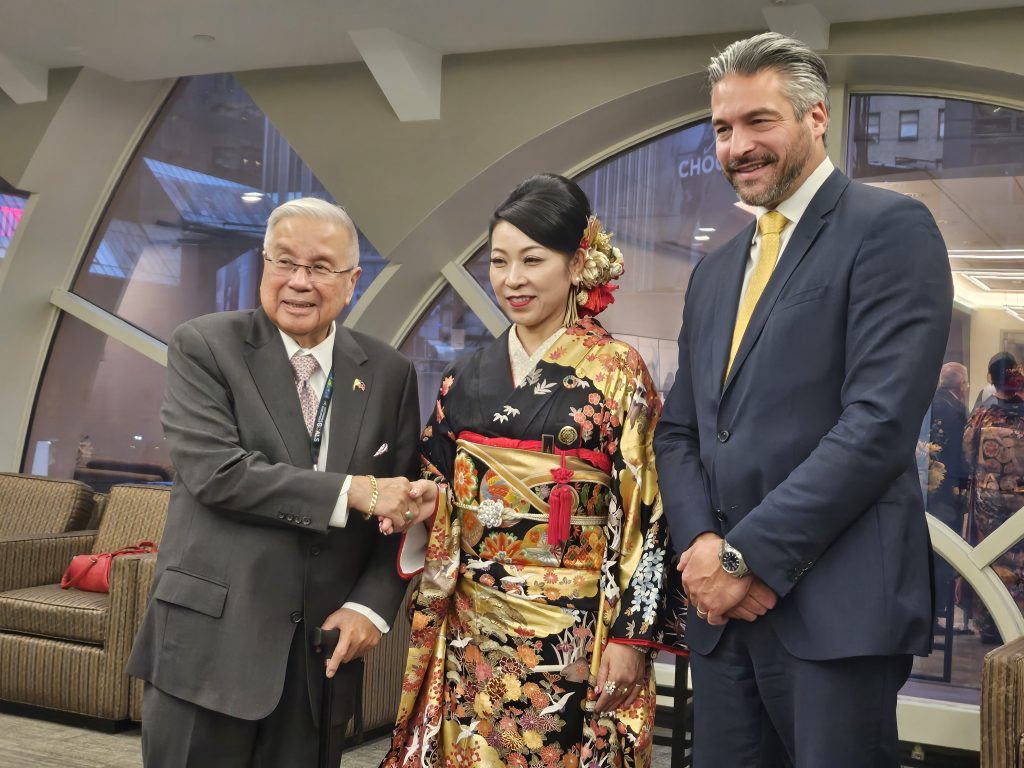
Enhancing the world’s cultural diversity while paving the way for cooperation and dialogue can be critical to fostering peace and stability by supporting mutual understanding, trust and exposure to cultural diversity. This unique form of inter-cultural dialogue has the power to bolster and renew multi-lateral cooperation beyond competing interests, whilst tackling the pressures of our time such as disinformation, social inequalities, conflict and climate change.
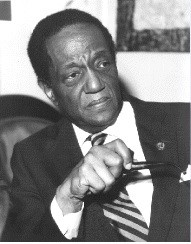
Dating back to the 1960’s, the late Chairman of the Panamerican-Panafrican Association, Dr. Robert Pritchard, had a vision to promote economic growth through cultural diplomacy in African countries with his creation of the First World Festival of African Arts that took place in Dakar, Senegal in 1966.
During the late 1950s, Dr. Pritchard assisted in the creation of music education programs in universities throughout Africa and the Caribbean. In 1959, he established the first music department at the University of Liberia. He also sponsored the opening of the West African Institute of Music, Arts, and Crafts in Monrovia, the capital of Liberia, and served as the first artist-in-residence for the Republic of Liberia. Pritchard and his students also performed piano recitals in order to fund the institute’s programs. Joseph W. Taff, editor of Monrovia’s Daily Listener, remarked to the New York Times that Pritchard” has accomplished more for the cultural advancement and development of Liberia and West Africa than many Trade and Economic Missions who have visited the country.” Pritchard assumed similar responsibilities in Haiti during the late 1950s and contributed to revitalizing the Conservatoire Nationale de Musique d’Haiti.
Ad Codes Widget
Recent Posts
- Cultural Diplomacy: Laying the Groundwork for Peace and Co-existence
- Tema Choir’s Conductor recipient of R.S. Pritchard Music Scholarship
- Ghanaian Tema Choir Brings a Festival of Easter to Dale City
- Little Union Baptist Church Celebrates Black History Month
- 2022 WIPAC Piano Competition: Connecting with the Heart
Recent Comments
- Rev. Gloria Cline-Smythe on Shina, Inc. Co-Sponsors United Nations Event
- Rev. Gloria Cline-Smythe on Shina, Inc. Co-Sponsors United Nations Event
Archives
- December 2023
- June 2023
- April 2023
- July 2022
- June 2022
- May 2022
- April 2022
- January 2022
- August 2021
- July 2021
- January 2021
- August 2020
- February 2020
- January 2020
- October 2018
- August 2018
- April 2018
- March 2018
- February 2018
- July 2017
- November 2016
- August 2016
- February 2016
- April 2015
- February 2015
- June 2013
- March 2013
- February 2013
- January 2013
- June 2012
- May 2012
Categories

